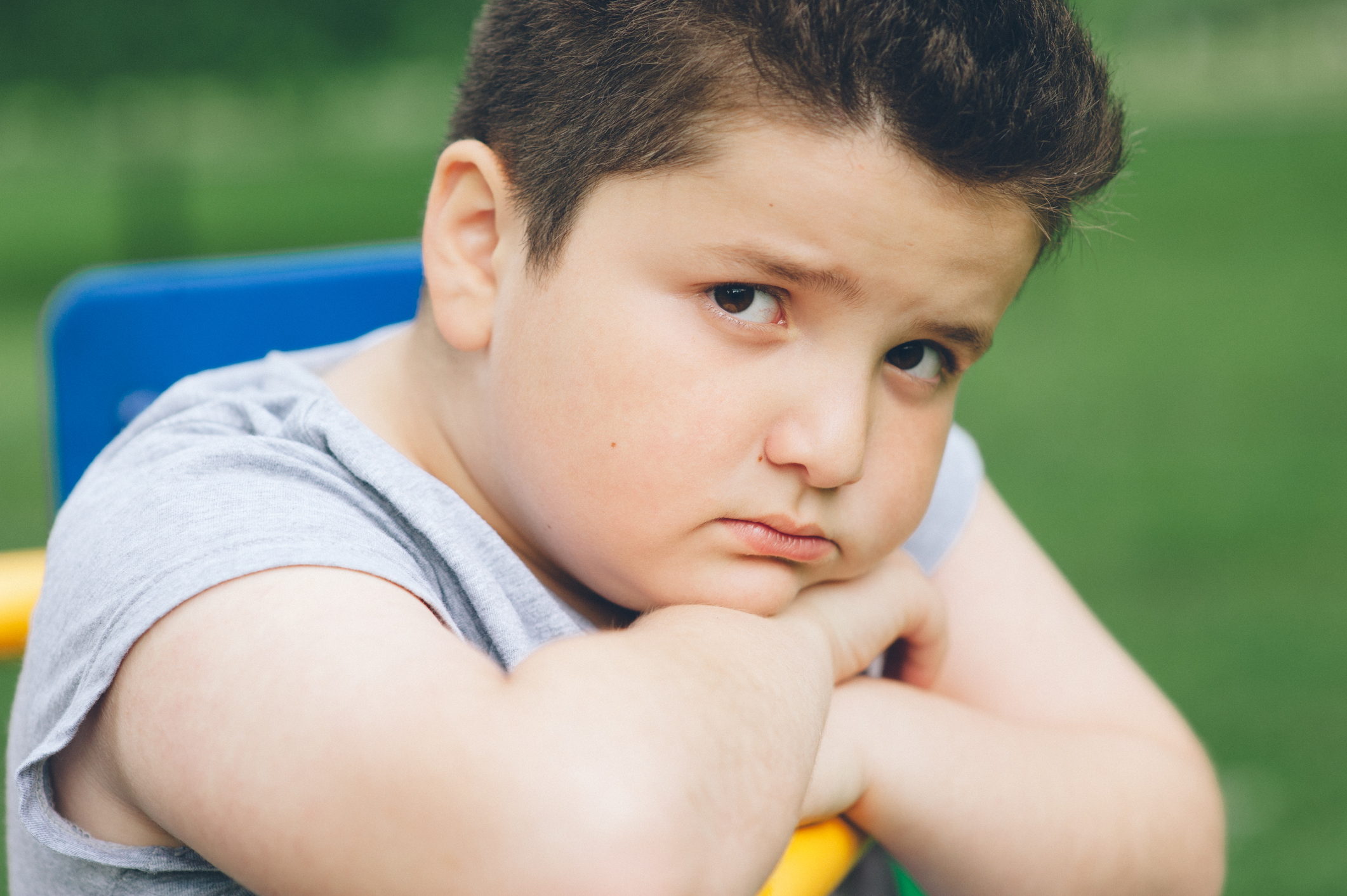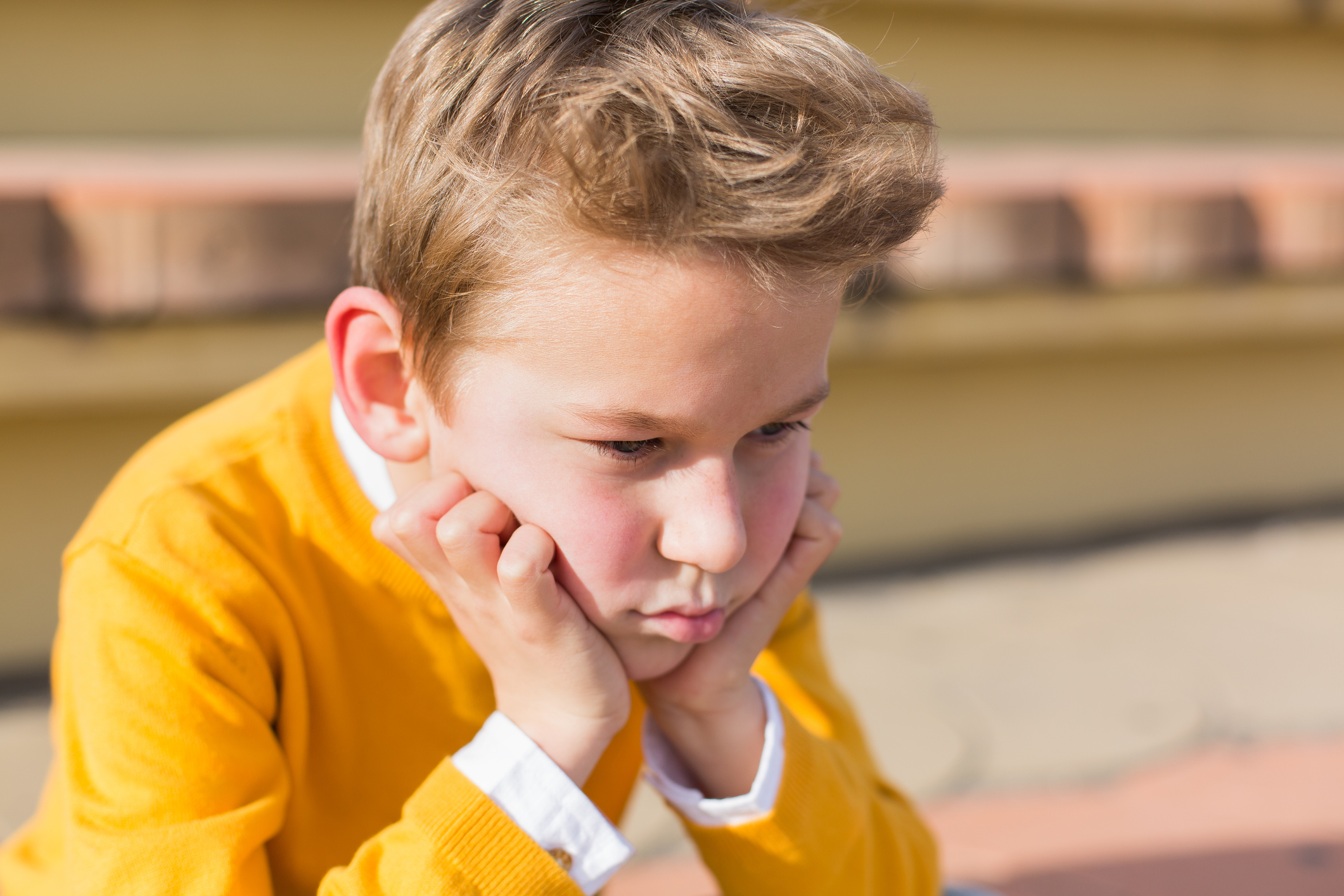In children’s homes, promoting emotional regulation is a crucial aspect of providing a nurturing and supportive environment for the children in their care. Emotional regulation refers to the ability to understand, manage, and express emotions in a healthy and appropriate manner. It plays a vital role in a child’s overall development, impacting their socialization, mental health, and academic performance.
Understanding the importance of emotional regulation in children is the first step towards effectively promoting it. Emotionally regulated children are better equipped to handle challenging situations, form healthy relationships, and succeed academically. They are also more likely to have positive mental health outcomes.
Therapeutic parenting approaches are key in promoting emotional regulation in children’s homes. These approaches are rooted in creating a safe and nurturing environment where children feel secure and supported. Mindful listening and validation of emotions are essential components of these approaches, as they help children feel heard and understood.
Teaching and modelling emotional regulation strategies is another important aspect of therapeutic parenting. Children learn best through observation and practice, so providing them with tools and techniques to manage their emotions effectively is crucial. By teaching them these strategies, children can develop the skills needed to regulate their emotions independently.
Children’s homes play a significant role in promoting emotional regulation. By providing a consistent and predictable environment, children can develop a sense of stability and security. Additionally, offering therapeutic interventions, such as counselling or therapy, can further support children in their emotional development. These interventions can help children process their emotions and develop healthy coping mechanisms.
Another key role of children’s homes in promoting emotional regulation is supporting children in developing healthy relationships. By fostering positive interactions and providing opportunities for socialization, children can learn important skills such as empathy, communication, and conflict resolution.
However, promoting emotional regulation in children’s homes does come with its challenges. Addressing individual differences and special needs is essential, as each child may require different strategies and support. Handling resistance and non-compliance is another challenge that may arise, but with patience and understanding, these obstacles can be overcome.
Building resilience and coping skills is also crucial in promoting emotional regulation. Children in children’s homes may have experienced trauma or adverse experiences, making it even more important to provide them with tools to manage and bounce back from challenges.
In this blog post, we will delve deeper into the topic of promoting emotional regulation in children’s homes. We will explore the various therapeutic parenting approaches that can be implemented, the role of children’s homes in this process, and the challenges that may arise along the way. By understanding and implementing these strategies, children’s homes can create an environment that supports the emotional well-being and growth of the children in their care.
Understanding Emotional Regulation in Children
Emotional regulation refers to the ability to understand, manage, and express emotions in a healthy and appropriate manner. In children, it plays a crucial role in their overall development and well-being. Understanding the concept of emotional regulation in children is essential in order to effectively promote it.
Children experience a wide range of emotions, from joy and excitement to anger and sadness. Emotional regulation enables them to navigate and cope with these emotions in a constructive way. It involves recognizing and understanding their own emotions, as well as being able to regulate their intensity and duration.
One aspect of understanding emotional regulation in children is recognizing the different components of emotions. This includes identifying the physiological changes that occur in the body when experiencing emotions, as well as recognizing the thoughts and behaviours associated with specific emotions.
Another important aspect is understanding the developmental stages of emotional regulation. Infants and toddlers rely heavily on external regulation, meaning they require the support and soothing of caregivers to manage their emotions. As children grow older, they gradually develop the capacity for self-regulation, where they can regulate their emotions independently.
It is crucial to remember that emotional regulation is a skill that develops over time. Young children may struggle with managing their emotions, leading to outbursts or difficulty in expressing themselves. As they mature, they gradually learn how to regulate their emotions more effectively.
Understanding the factors that influence emotional regulation is also important. These factors can include temperament, attachment patterns, and the child’s environment. For example, children with a more sensitive temperament may find it more challenging to regulate their emotions compared to those with a more easy-going temperament.
In addition, the quality of the parent-child relationship and the presence of secure attachments can significantly impact a child’s emotional regulation abilities. Children who have experienced secure and nurturing relationships with their caregivers are more likely to develop healthy emotional regulation skills.
Overall, understanding emotional regulation in children involves recognizing the different components of emotions, understanding the developmental stages of emotional regulation, and considering the various factors that influence it. By gaining a deeper understanding of how emotional regulation works in children, caregivers and professionals can better support and promote this important skill.
The Importance of Emotional Regulation in Children’s Development
Emotional regulation plays a pivotal role in the development of children, impacting various aspects of their overall well-being and growth. Understanding the importance of emotional regulation is essential in recognizing its significance and implementing strategies to promote it effectively.
Role of Emotional Regulation in Socialization
Emotional regulation is closely linked to a child’s socialization process. Children who can regulate their emotions are better equipped to navigate social interactions, form and maintain positive relationships, and engage in effective communication. By understanding and managing their own emotions, children can respond appropriately to others’ emotions, empathize, and engage in prosocial behaviours.
Impact of Emotional Regulation on Mental Health
Emotional regulation is closely connected to mental health outcomes in children. Difficulties in regulating emotions can contribute to the development of mental health issues such as anxiety, depression, and behaviour problems. On the other hand, effective emotional regulation skills can enhance mental well-being, resilience, and overall psychological functioning.
Emotional Regulation and Academic Performance
Emotional regulation also has a significant impact on children’s academic performance. When children are able to regulate their emotions, they can maintain focus, manage stress, and engage in effective problem-solving. This, in turn, contributes to improved attention, memory, and cognitive abilities, leading to better academic outcomes.
Furthermore, emotional regulation skills are crucial for self-regulated learning, where children take control of their own learning process. By managing their emotions, setting goals, and employing effective learning strategies, children can become more independent and successful learners.
Long-Term Implications for Adult Functioning
Developing emotional regulation skills in childhood sets the foundation for healthy emotional regulation in adulthood. Children who learn to regulate their emotions effectively are more likely to become emotionally resilient adults, capable of managing stress, maintaining healthy relationships, and adapting to life’s challenges.
On the other hand, difficulties in emotional regulation during childhood can have long-lasting effects, leading to difficulties in adulthood such as emotional dysregulation, relationship problems, and mental health disorders.
Recognizing the importance of emotional regulation in children’s development highlights the need for intentional efforts to promote and support this skill. By fostering emotional regulation in children, caregivers, educators, and professionals can contribute to their overall well-being, socialization, mental health, academic success, and long-term functioning.
Therapeutic Parenting Approaches to Promote Emotional Regulation
Therapeutic parenting approaches provide valuable strategies and techniques to promote emotional regulation in children. These approaches focus on creating a safe and nurturing environment, mindful listening and validation of emotions, and teaching and modelling emotional regulation strategies. By implementing these therapeutic parenting approaches, caregivers can effectively support children in developing and strengthening their emotional regulation skills.
Creating a Safe and Nurturing Environment
One of the key components of therapeutic parenting approaches is the creation of a safe and nurturing environment for children. This involves establishing consistent routines, clear boundaries, and predictable expectations. By providing a stable and secure environment, children feel safe to express their emotions and learn how to regulate them effectively.
Caregivers can create a safe and nurturing environment by offering comfort and reassurance, providing opportunities for positive interactions, and fostering a sense of belonging. This environment helps children build trust, develop a sense of security, and feel supported in their emotional development.
Mindful Listening and Validation of Emotions
Mindful listening and validation of emotions are essential aspects of therapeutic parenting approaches. Caregivers practice active and attentive listening, giving their full attention to the child’s emotions and experiences. They validate the child’s emotions by acknowledging and accepting them without judgment.
By mindfully listening and validating emotions, caregivers demonstrate empathy and understanding. This helps children feel heard, validated, and supported in their emotional experiences. It also encourages open communication and builds a foundation of trust between the child and the caregiver.
Teaching and Modelling Emotional Regulation Strategies
Therapeutic parenting approaches also involve actively teaching and modelling emotional regulation strategies to children. Caregivers provide children with tools and techniques to identify and manage their emotions effectively. This can include deep breathing exercises, mindfulness practices, problem-solving skills, and positive self-talk.
By teaching these strategies, caregivers empower children to take an active role in their emotional regulation. Caregivers also model healthy emotional regulation behaviours themselves, serving as positive role models for children to emulate. This helps children learn through observation and practice, gradually developing their own repertoire of effective emotional regulation strategies.
Implementing therapeutic parenting approaches to promote emotional regulation requires patience, consistency, and a deep understanding of each child’s unique needs. By creating a safe and nurturing environment, practicing mindful listening and validation, and teaching and modelling emotional regulation strategies, caregivers can support children in developing the skills necessary to regulate their emotions in a healthy and adaptive manner.
Role of Children’s Homes in Promoting Emotional Regulation
Children’s homes play a significant role in promoting emotional regulation among the children in their care. These homes provide a structured and supportive environment where children can learn and practice effective emotional regulation skills. The role of children’s homes in promoting emotional regulation encompasses providing a consistent and predictable environment, offering therapeutic interventions, and supporting children in developing healthy relationships.
Providing a Consistent and Predictable Environment
Children’s homes play a crucial role in providing a consistent and predictable environment for children. Consistency in routines, rules, and expectations helps children feel secure and provides a sense of stability. When children know what to expect, it reduces anxiety and uncertainty, making it easier for them to regulate their emotions.
Children’s homes can establish consistent daily routines, such as mealtimes, bedtime routines, and structured activities, which provide a sense of stability and predictability. Clear and consistent expectations and boundaries help children understand appropriate behaviour and provide a structure within which they can learn to regulate their emotions.
Providing Therapeutic Interventions
Children’s homes often have access to various therapeutic interventions that can support children in their emotional regulation journey. These interventions can include individual counselling, group therapy, play therapy, art therapy, and other evidence-based approaches.
Therapeutic interventions provide children with a safe space to explore and process their emotions, learn coping strategies, and develop emotional regulation skills. Skilled professionals in children’s homes can tailor these interventions to meet the individual needs of each child, helping them build emotional resilience and regulation capabilities.
Supporting Children in Developing Healthy Relationships
Children’s homes also play a vital role in supporting children in developing healthy relationships, which contribute to their emotional regulation. Caregivers and professionals in children’s homes can provide guidance and support in forming positive connections with peers and adults.
Through structured activities, teamwork, and social skill-building exercises, children can learn important social-emotional skills, such as empathy, communication, and conflict resolution. By creating a supportive and inclusive community within the children’s home, children can practice regulating their emotions within the context of relationships and develop the skills necessary for healthy emotional expression and regulation.
Children’s homes can also facilitate opportunities for children to connect with positive adult role models who can provide guidance, support, and nurturing relationships. These relationships can serve as a source of stability and emotional support for children, helping them navigate and regulate their emotions effectively.
By providing a consistent and predictable environment, offering therapeutic interventions, and supporting children in developing healthy relationships, children’s homes can play a crucial role in promoting emotional regulation among the children in their care. These efforts contribute to the overall emotional well-being and growth of the children, setting them on a path towards healthy emotional development.
Challenges and Solutions in Promoting Emotional Regulation in Children’s Homes
Promoting emotional regulation in children’s homes comes with its own set of challenges. However, with awareness and effective strategies, these challenges can be addressed and overcome. This section will explore some common challenges in promoting emotional regulation in children’s homes and provide potential solutions.
Addressing Individual Differences and Special Needs
Children in children’s homes come from diverse backgrounds and may have individual differences and special needs that require tailored approaches to promoting emotional regulation. It is important for caregivers and professionals to recognize and accommodate these differences.
Solution: Developing individualized plans and interventions can be helpful in addressing the unique needs of each child. Assessing and understanding the specific challenges and strengths of each child can guide the development of strategies that are tailored to their individual needs. Collaborating with professionals, such as therapists or special education experts, can provide valuable insights and support in creating effective interventions.
Handling Resistance and Non-compliance
Some children may exhibit resistance or non-compliance when it comes to practicing emotional regulation strategies. This can be a challenge for caregivers and professionals who are trying to promote emotional regulation in children’s homes.
Solution: Patience, consistency, and positive reinforcement are key in addressing resistance and non-compliance. Building trust and rapport with the child is crucial, as it can help reduce resistance. Explaining the importance of emotional regulation and its benefits in a child-friendly manner can also help increase their motivation. Offering choices and involving the child in decision-making can provide a sense of autonomy and increase their engagement in the process.
Building Resilience and Coping Skills
Children in children’s homes may have experienced trauma or adverse experiences, which can impact their ability to regulate emotions and cope with stress. Building resilience and coping skills is essential in promoting emotional regulation.
Solution: Providing trauma-informed care and incorporating resilience-building activities can support children in developing coping skills. This can include implementing mindfulness practices, engaging in therapeutic activities such as art or play therapy, and teaching problem-solving techniques. Creating a supportive and nurturing environment that fosters a sense of safety and belonging is also crucial in helping children build resilience and coping skills.
By addressing individual differences, handling resistance and non-compliance effectively, and focusing on building resilience and coping skills, children’s homes can overcome challenges in promoting emotional regulation. These solutions, combined with a supportive and nurturing environment, can create an atmosphere that supports the emotional well-being and growth of the children in their care.
Related posts:
 Supportive Caregiving: Providing Stability and Structure Through Therapeutic Parenting
Supportive Caregiving: Providing Stability and Structure Through Therapeutic Parenting
 Beyond Surface-Level: Diving Deep into Understanding a Child’s Behaviour
Beyond Surface-Level: Diving Deep into Understanding a Child’s Behaviour
 The Power of Observation: Exploring the Meaning Behind a Child’s Behaviour
The Power of Observation: Exploring the Meaning Behind a Child’s Behaviour
 Building Empathy and Connection: Developing Insights into a Child’s Behaviour
Building Empathy and Connection: Developing Insights into a Child’s Behaviour



